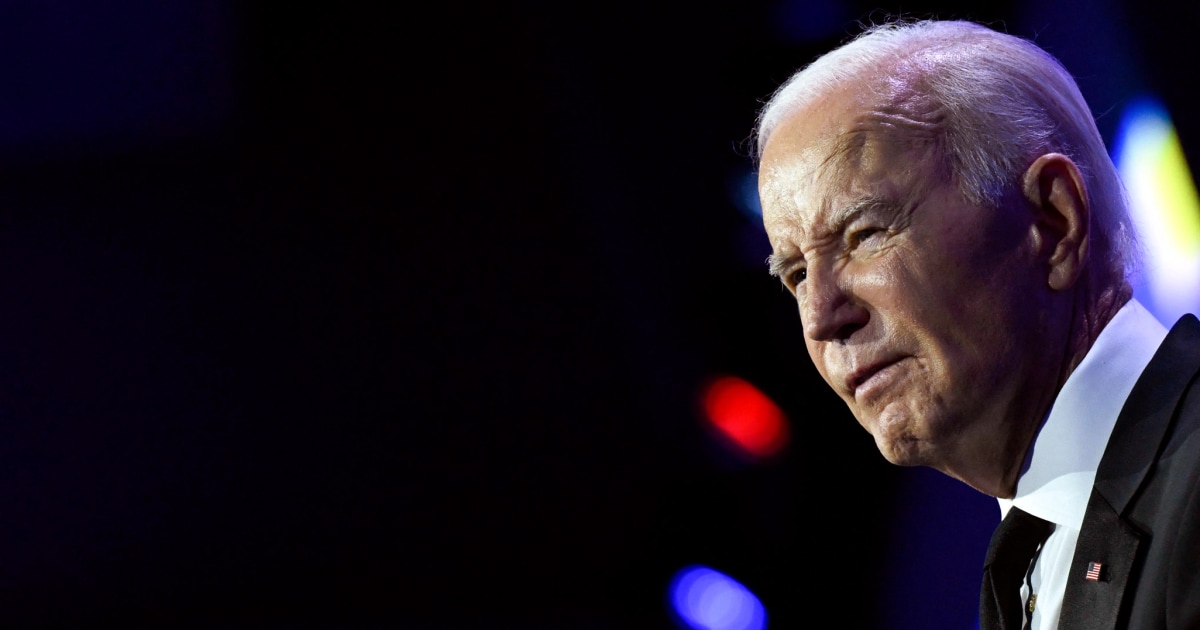
President Joe Biden signed a wide-ranging executive order on artificial intelligence Monday, setting the stage for some industry regulations and funding for the U.S. government to further invest in the technology.
The order is broad, and its focuses range from civil rights and industry regulations to a government hiring spree.
In a media call previewing the order Sunday, a senior White House official, who asked to not be named as part of the terms of the call, said AI has so many facets that effective regulations have to cast a wide net.
“AI policy is like running into a decathlon, and there’s 10 different events here,” the official said.
“And we don’t have the luxury of just picking ‘we’re just going to do safety’ or ‘we’re just going to do equity’ or ‘we’re just going to do privacy.’ You have to do all of these things.”
The official also called for “significant bipartisan legislation” to further advance the country’s interests with AI. Senate Majority Leader Chuck Schumer, D-N.Y., held a private forum in September with industry leaders but has yet to introduce significant AI legislation.
Some of the order builds on a previous nonbinding agreement that seven of the top U.S. tech companies developing AI agreed to in July, like hiring outside experts to probe their systems for weaknesses and sharing their critical findings.
The order leverages the Defense Production Act to legally require those companies to share safety test results with the federal government.
It also tasks the Commerce Department with creating guidance about “watermarking” AI content to make it clear that deepfaked videos or ChatGPT-generated essays were not created by humans.
The order adds funding for new AI research and a federal AI hiring surge. The White House has launched a corresponding website to connect job seekers with AI government jobs: AI.gov.
Fei-Fei Li, a co-director of Stanford’s Institute for Human-Centered Artificial Intelligence, said in an interview that government funding is crucial for AI to be able to tackle major human problems.
“The public sector holds a unique opportunity in terms of data and interdisciplinary talent to cure cancer, cure rare diseases, to map out biodiversity at a global scale, to understand and predict wildfires, to find climate solutions, to supercharge our teachers,” Li said. “There’s so much the public sector can do, but all of this is right now starved because we are severely lacking in resources.”
Sarah Myers West, the managing director of the AI Now Institute, a nonprofit group focused on the technology’s effects on society, commended Biden for including social and ethical concerns in the order.
“It’s great to see the White House set the tone on the issues that matter most to the public: labor, civil rights, protecting privacy, promoting competition,” Myers West said by text message. “This underscores you can’t deal with the future risks of AI without adequately dealing with the present.”
“The key looking forward will be to ensure strong enforcement as companies attempt to set a self-regulatory tone: industry cannot be left to lead the conversation on how to adequately address the effects of AI on the broader public,” she said.
